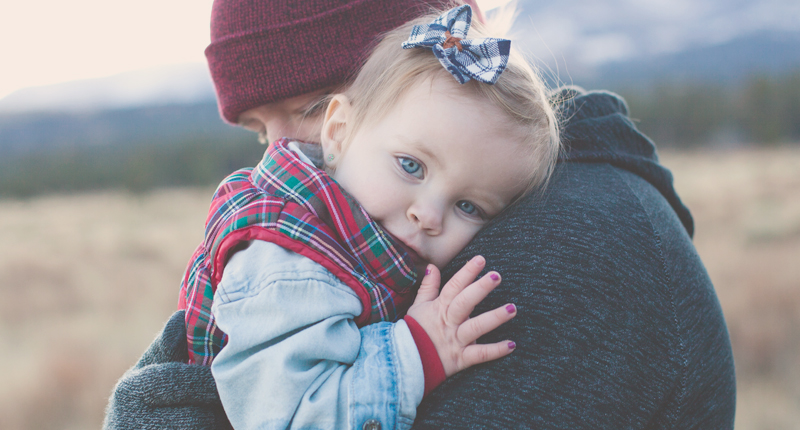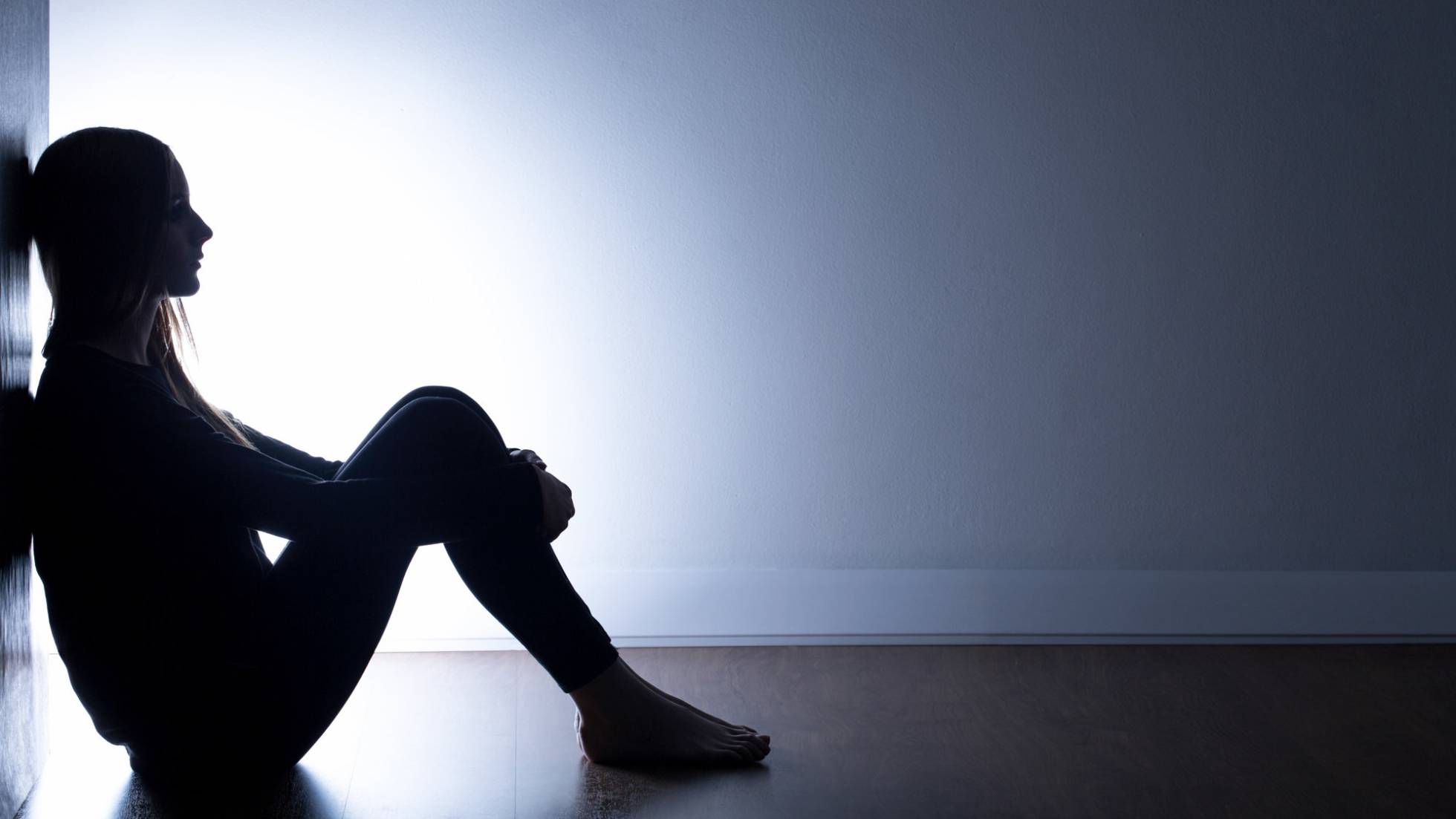Make the first time you leave your little one easier for the both of you.

Remember: It’s normal. Separation anxiety is typical and may start between 8 and 14 months old. “The timing and intensity of the separation anxiety may be different for different children,” says Jessica Mercer Young, Ph.D., a research scientist at Education Development Center in Newton, MA. “A little anxiety about mom leaving is totally normal.”
Start small. If possible, start by leaving baby with a caregiver for short periods of time. As he adjusts to your leaving–and begins to understand that you always comes back–you can make each time longer.
Create a routine. Parents can help their child during separations, such as drop-off to child care, by having a goodbye routine. Sing a little song, give a hug and kiss, and wave to your little one right before you walk out the door. Find whatever works for you and stick to it–and try not to drag out the separation, as this can intensify the child’s anxiety.
Find someone you trust. Part of making this first separation easier for you is knowing that you’re leaving your baby with someone you can trust. Start looking for a sitter, day care, or nanny well in advance (some moms start when they’re pregnant). You want plenty of time to interview candidates, contact references, and go over any questions or concerns.
Bring a lovey. If your child will be in day care or at the sitter’s house, be sure to pack a beloved object, like a stuffed animal or a blanket, that will make your child feel more at home.
Keep your emotions in check. As hard as it may be, hold the tears–at least until you get to the car. If your child sees you upset, that will only heighten his own anxiety.
Don’t sneak out. A big mistake is trying to leave when your child is not looking, or sneak away when the child is engaged in activity, without saying goodbye. “The child may suddenly become anxious or upset that she didn’t get a chance to say goodbye or give a kiss goodbye,” Dr. Young explains.
Check in. It doesn’t matter how many times it happens–when your child cries as you leave, it will break your heart. “Even if the child becomes upset and cries, they should stop crying soon after the parent leaves,” Dr. Young says. But don’t be embarrassed to check in on your child. It will give you peace of mind and lessen the guilt of leaving.





